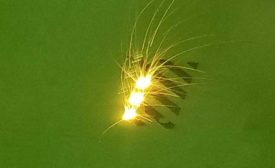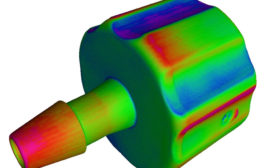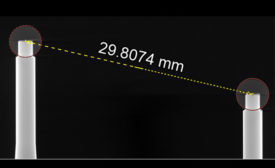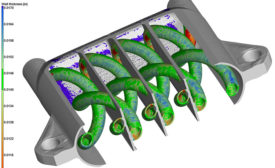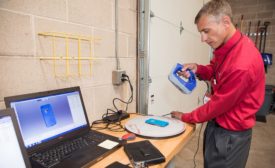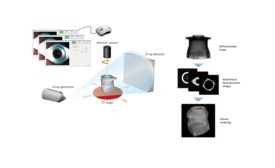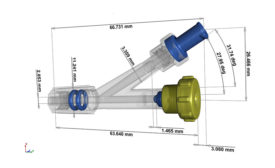Home » computed tomography
Articles Tagged with ''computed tomography''
NDT in Aerospace
It is an exciting time to be in additive manufacturing.
Read More
How CT Scanning Is Enhancing the Quality and Manufacturability of Medical Devices
This inspection technique is highly valuable for industrial metrology.
November 8, 2018
Computed Tomography: Optimizing Large Quantity Automated Measurements
Learn more about automated measurement techniques for large quantity screening applications.
October 8, 2018
Dispelling the Myths of CT
Advanced robotics, faster computers, and lean manufacturing processes are all combining to improve the efficiency of manufacturing.
October 1, 2018
CT Inspection: An Inside Look at CT-Based Nondestructive Testing
CT scanning has become an important tool for many research, industrial, and safety critical applications.
August 7, 2018
Industrial CT for Use in Additive Manufacturing Inspection
New part designs that would be impossible with traditional machining methods require new measurement tools.
August 1, 2018
INDUSTRY HEADLINE
Exact Metrology Hosts Dual Open Houses Demonstrating Newest Products And Equipment In Metrology
July 16, 2018
Looking Internally with Computed Tomography
Users from electronics manufactures to paleontologists see benefit of nondestructive inspections.
June 29, 2018
Medical Device Inspection with Industrial CT and X-ray
Managers can now capitalize on the data and be more responsive to production issues as they arise.
June 1, 2018
Get our new eMagazine delivered to your inbox every month.
Stay in the know with Quality’s comprehensive coverage of the manufacturing and metrology industries.
SIGN UP TODAY!Copyright ©2024. All Rights Reserved BNP Media.
Design, CMS, Hosting & Web Development :: ePublishing
